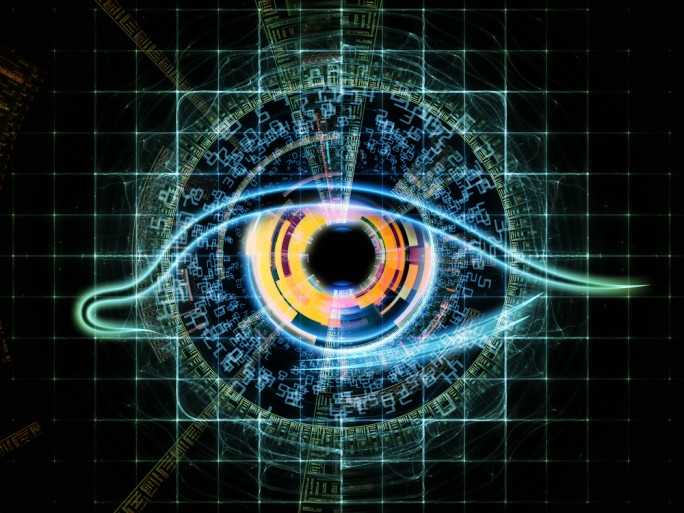Israeli surveillance specialist NSO Group seems to be losing patience with the media industry, after a series of damaging allegations made by a global media consortium.
NSO responded by saying “Enough is Enough” on its website, after a number of damaging allegations from the Pegasus Project – a global media consortium of more than 80 journalists around the world, coordinated by Forbidden Stories, a Paris-based media non-profit, with the technical support of Amnesty International.
It began earlier this week when NSO was forced to deny an allegation that its Pegasus spyware had been used “to facilitate human rights violations around the world on a massive scale.”
![]()
NSO allegations
The Pegasus Project alleged it had conducted “cutting-edge forensic tests on mobile phones to identify traces of the spyware.”
It alleged that it had obtained a list of 50,000 phones of alleged potential targets for spyware, including activists, politicians and journalists, including Jamal Khashoggi’s family.
It then uncovered new evidence that revealed that the phone numbers for 14 heads of state, including French President Emmanuel Macron, Pakistan’s Imran Khan and South Africa’s Cyril Ramaphosa, as well as 600 government officials and politicians from 34 countries, were selected as people of interest by clients of spyware company NSO Group.
The Washington Post, part of the Pegasus Project consortium, revealed the phone numbers for 14 heads of state included the King of Morocco, Mohammed VI, France’s Emmanuel Macron, Iraq’s Barham Salih, South Africa’s Cyril Ramaphosa, Egypt’s Mostafa Madbouly, Pakistan’s Imran Khan, Morocco’s Saad-Eddine El Ohtmani, Lebanon’s Saad Hariri, Uganda’s Ruhakana Rugunda, and Belgium’s Charles Michel.
Of the people whose numbers are on the list, 67 agreed to give Forbidden Stories their phones for forensic analysis. The Pegasus Project reportedly found evidence of potential targeting by Pegasus on 37 of those.
Amnesty International said that it was unable to conduct forensic analysis on the phones of world leaders to confirm whether they were targeted or if spyware was successfully installed.
NSO denial
NSO for its part has denied the “false claims” of the media project.
It has always said that its surveillance tools are used by governments and law enforcement agencies.
And a senior NSO official countered the heads of state spying allegation, and said that its software was not used to target President Macron.
We can “specifically come out and say for sure that the president of France, Macron, was not a target,” Chaim Gelfand, chief compliance officer at NSO Group, was quoted by NDTV.com as telling the i24 News television network.
The Pegasus Project has also alleged that Apple iPhones of thousands of users have been compromised by the spyware.
Enough is enough
On Wednesday, NSO made clear its frustration with the allegations swirling around the company, and it published a statement entitled “Enough is Enough”, and confirmed it would not be responding to any more media inquires.
“In light of the recent planned and well-orchestrated media campaign lead by Forbidden Stories and pushed by special interest groups, and due to the complete disregard of the facts, NSO is announcing it will no longer be responding to media inquiries on this matter and it will not play along with the vicious and slanderous campaign,” said the firm.
“We will state again: The list is not a list of targets or potential targets of Pegasus. The numbers in the list are not related to NSO group,” it said.
“Any claim that a name in the list is necessarily related to a Pegasus target or Pegasus potential target is erroneous and false,” said NSO. “NSO is a technology company. We do not operate the system, nor do we have access to the data of our customers, yet they are obligated to provide us with such information under investigations.”
“NSO will thoroughly investigate any credible proof of misuse of its technologies, as we always had, and will shut down the system where necessary,” it added. “NSO will continue its mission of saving lives, helping governments around the world prevent terror attacks, break up pedophilia, sex, and drug-trafficking rings, locate missing and kidnapped children, locate survivors trapped under collapsed buildings, and protect airspace against disruptive penetration by dangerous drones.”
Blame customers
Presumably before that media shutdown, NSO did tell the BBC that blaming the company is like “criticising a car manufacturer when a drunk driver crashes.”
NSO Group reportedly said it had been told the phone list had been hacked from its Cyprus servers
“Firstly, we don’t have servers in Cyprus,” a company spokesman told BBC News. “And secondly, we don’t have any data of our customers in our possession.”
“And more than that, the customers are not related to each other, as each customer is separate,” the NSO spokesman reportedly said. “So there should not be a list like this at all anywhere.”
And the number of potential targets did not reflect the way Pegasus worked, NSO reportedly.
“It’s an insane number,” the spokesman said. “Our customers have an average of 100 targets a year. Since the beginning of the company, we didn’t have 50,000 targets total.”
And the spokesman said its software was used by governments and law enforcement, and people should rather look at those institutions and their use of the software.
“If I am the manufacturer of a car and now you take the car and you are driving drunken and you hit somebody, you do not go to the car manufacturer, you go to the driver,” said the NSO spokesman. “We are sending the system to governments, we get all the correct accreditation and do it all legally.”
“You know, if a customer decides to misuse the system, he will not be a customer anymore,” said the spokesman. “But all the allegations and all the finger-pointing should be at the customer.”




